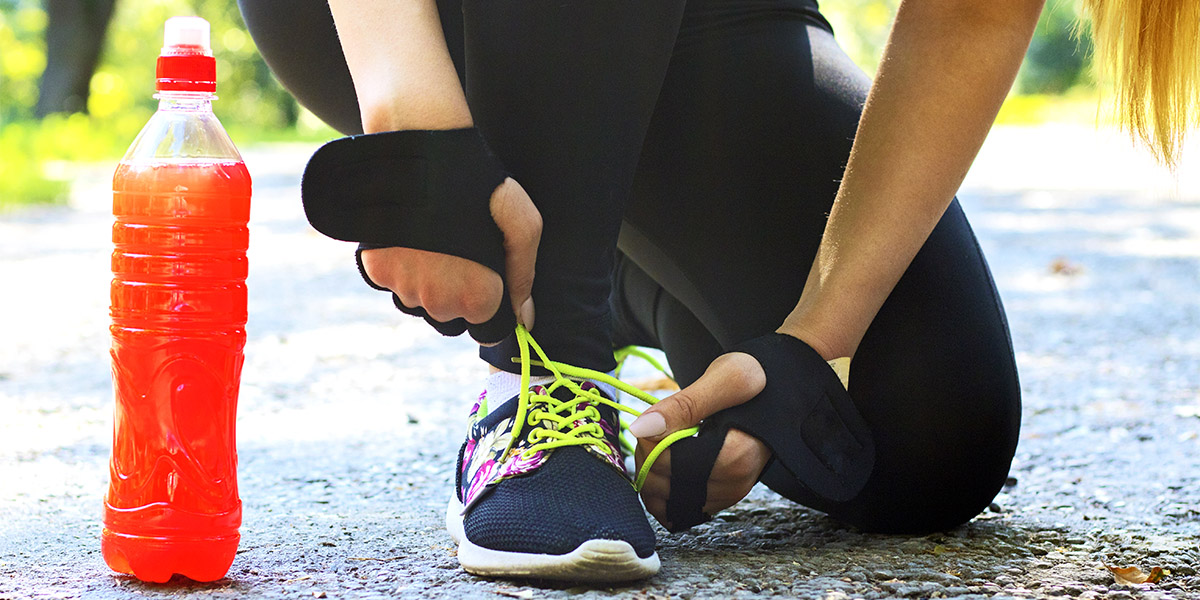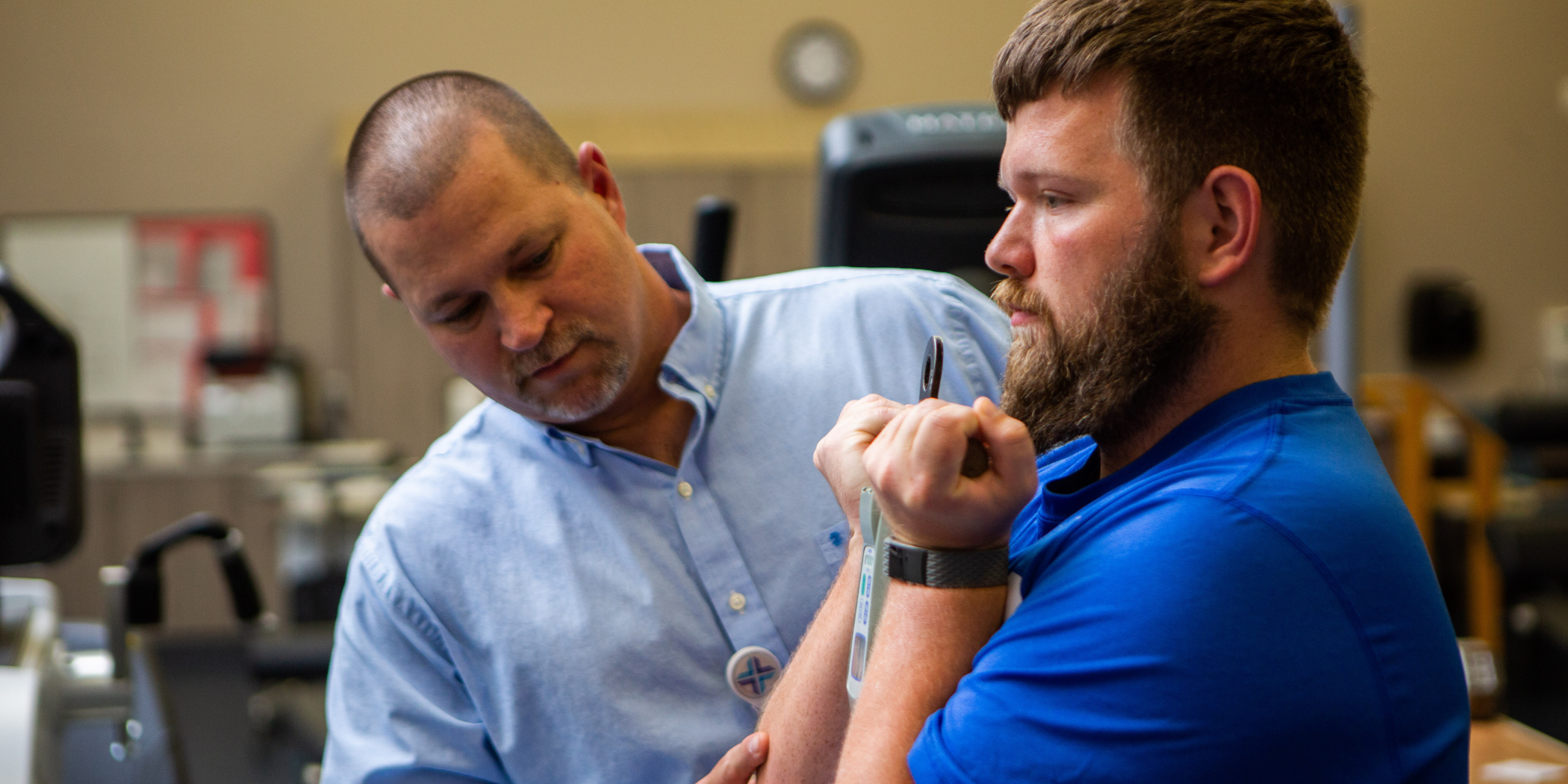
The hydration game
You have resolved to exercise more, and you know that hydration is important — especially during the warmer months. You rush to the store only to get confused by the vast array of brightly colored sport drinks.
How many calories do I need? How much is too much sodium and potassium? Do I need vitamin C? What is L-tyrosine?
For most of us, the answer is clear: The best sports beverage is just plain water. Whether it is from the tap or a bottle, water hits a home run for the casual exerciser.
So, who should drink a sports beverage?
Gatorade, the longtime leader in sports beverages, was originally developed for the Florida Gators football team. Florida's heat and humidity were taking their toll on the Gators, and a solution of water, sugar and salt seemed to be the perfect defense.
Over the years, Gatorade's formula has evolved and other sports beverages have emerged; each with a slightly different concoction of ingredients. The marketing of these beverages, bolstered by an obsession with our favorite athletes, led to a growing demand for sports beverages.
The calories and electrolytes found in these beverages may be beneficial during high-powered workouts.
In addition, they seem to aid in recovery. Some research suggests that added amino acids (the building blocks of protein) may promote muscle recovery, so you may see terms like L-tyrosine and L-leucine listed on the label.
That all sounds good; however, sports nutritionists recommend sports drinks only to those engaged in intense activity for longer than one hour. Most of us do not need the additional calories, electrolytes and other additives these beverages provide.
While it is true that plain old water is not nearly as glamorous as vivid liquids in trendy bottles, do not minimize the importance of hydration. Even the weekend warrior will lose fluid through breathing and perspiration. Failing to replace fluid may result in dizziness and lethargy. The muscles also won't work as well. Cramping is more likely and muscle recovery is slower.
Unfortunately, there isn't a one-size-fits-all game plan for hydration. Age, gender and temperature, along with the duration and intensity of the activity, influence fluid needs.
As general guidelines, consider the following:
-
1-2 hours before your workout, drink 16 ounces of water.
-
15 minutes before, aim for 8-10 ounces of water.
-
During the workout, consume 8 ounces of water every 15 minutes.
-
If you lost weight during the workout, replace the fluid with 16 ounces of water per pound lost after the workout.
Water bottles come in all shapes and sizes, so find one that works for you, fill it and drink up!
Were these tips helpful? Then let's start Making Healthy Happen, Together. Learn more at healthyhappenstogether.com.
Carole Mabry, MS, RD, LD, is a registered dietician with Spartanburg Regional Healthcare System.











